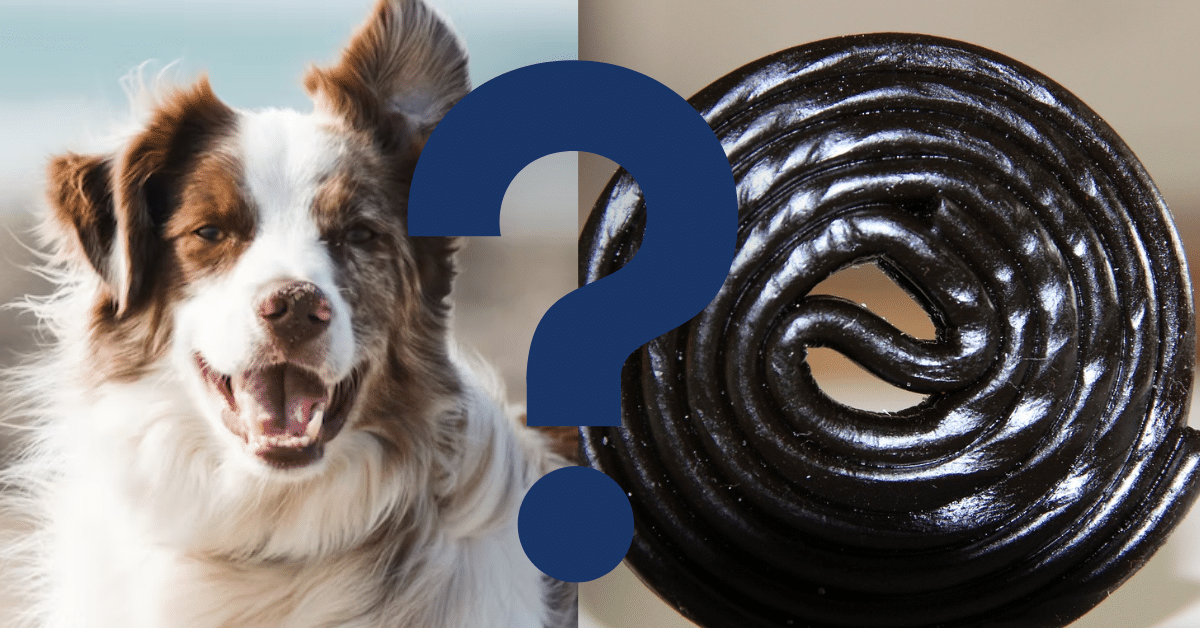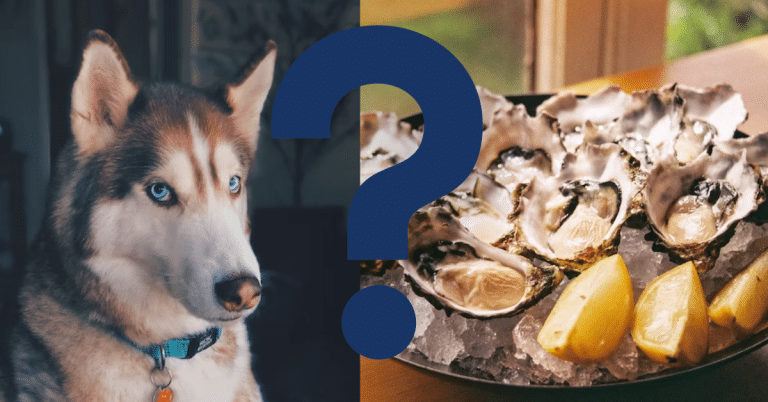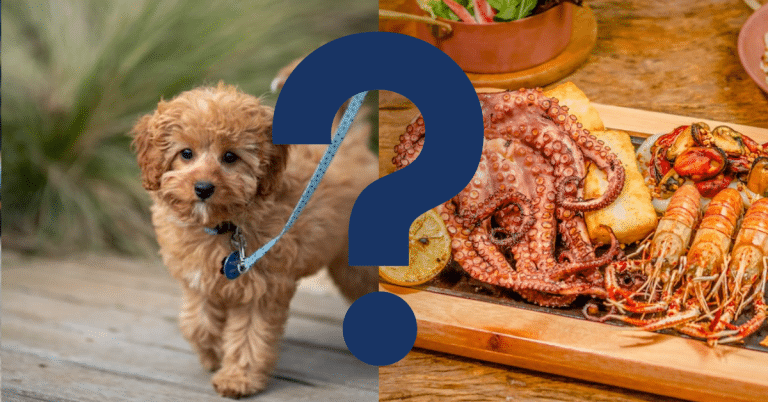Can Dogs Eat Licorice? A Vet’s Opinion

Licorice is a sweet-flavored root produced from Glycyrrhiza glabra, widely used in confections and herbal treatments. But can you feed licorice to your dog?
It is not recommended to give dogs licorice as it contains a substance called glycyrrhizin, which can harm their health. Dogs can experience high blood pressure, electrolyte imbalances, and muscle weakness if they consume even small amounts of licorice. To ensure your dog’s safety and health, keeping licorice and other potentially dangerous foods out of their reach is essential. If your dog ingests licorice or any other harmful substance, it is crucial to seek veterinary care immediately.
Benefits of licorice for dogs
Although licorice may benefit dogs, it’s crucial to remember that its glycyrrhizin component can be harmful. In dogs, glycyrrhizin can lead to serious health issues like high blood pressure, electrolyte imbalances, and muscle weakness. Therefore, it’s best to avoid licorice to dogs as the risks outweigh any potential benefits.
Before treating your dog’s health issues with licorice, it’s essential to consult a veterinarian. They can recommend safer and more suitable treatments to guarantee your dog’s well-being. It’s generally recommended to refrain from giving your dog any human food, including licorice unless it’s under the guidance of a veterinarian.

How to safely give licorice to dogs
It’s generally recommended to avoid feeding licorice to dogs because of the potential health risks associated with its glycyrrhizin content. However, if you still want to give your dog licorice under the guidance of a veterinarian, there are some essential safety precautions
to keep in mind.
Consult Your Veterinarian First
Consult your veterinarian before feeding your dog any licorice or other herbal treatments. They may evaluate your dog’s health, consider any pre-existing illnesses, and advise you on whether licorice is safe or suited for your pet.
Only Use Licorice Roots
If your physician has approved licorice, using either pure licorice root or supplements developed explicitly for dogs is critical. Give your dog no licorice candies, sweets, or other goods with added sugars, flavors, or artificial additives.
Begin With A Modest Amount
If your veterinarian approves, begin with a small amount of licorice and watch how your dog reacts. Because even small amounts of glycyrrhizin can cause harm, it is critical to watch for adverse effects.
Keep An Eye Out For Adverse Effects
After giving your dog licorice, keep an eye out for any symptoms of an unfavorable reaction. Vomiting, diarrhea, increased thirst, increased urination, weakness, and abnormal heart rhythms are some of the symptoms of glycyrrhizin poisoning.
Limit The Frequency And Dosage
If your veterinarian allows you to use licorice, closely adhere to their dosage and frequency recommendations. Excessive intake can amplify potential adverse effects.
Choose Safer Alternatives
There are numerous safer herbal medicines and supplements for dogs that can address specific health conditions without putting them in danger of glycyrrhizin toxicity. Consult your veterinarian about other treatment choices for your dog’s specific condition.
Avoid Long-Term Use
Even if your veterinarian says, licorice is healthy for your dog, avoiding using it for an extended period is advised. Continuous glycyrrhizin exposure can result in cumulative toxicity, which can be dangerous.
To summarise, the risks of administering licorice to dogs exceed the advantages, and avoiding using it at all is typically advisable. If you have any worries about your dog’s health or are seeking natural cures, always consult a veterinarian who can provide safer and more appropriate alternatives customized to your dog’s needs.
Will licorice make a dog sick?
Because of glycyrrhizin, a chemical in licorice root, licorice can make a dog sick. Glycyrrhizin is poisonous to dogs and can cause a variety of health problems. Here are some of the ways licorice can make a dog sick:
Glycyrrhizin Toxicity
Glycyrrhizin toxicity is the most severe risk with licorice eating in dogs. This substance can result in high blood pressure, electrolyte abnormalities, and muscle weakness. It is especially harmful in large quantities or after extended exposure.
Gastrointestinal Upset
Licorice can irritate a dog’s digestive tract, causing symptoms such as vomiting, diarrhea, and stomach discomfort.
Allergic Reactions
Some dogs may be sensitive or allergic to licorice or other components in licorice products, resulting in allergic symptoms such as itching, hives, or facial swelling.
Obesity And Diabetes Risk
Sugars and sweeteners added to licorice candies and sweets can contribute to weight gain and raise the risk of diabetes in dogs.
Choking Hazards
Licorice candies and items may contain hard or sticky components that can choke dogs.
Intestinal Blockage
Large chunks of licorice or packaging material ingestion might cause intestinal blockage, necessitating prompt veterinary intervention.
- Liver blockage
Glycyrrhizin can impair the liver’s ability to metabolize certain drugs, potentially resulting in drug interactions or increasing pre-existing liver problems.
Electrolyte Imbalance
Excessive glycyrrhizin ingestion can upset a dog’s electrolyte balance, resulting in profound health implications.
Because of these potential hazards, it is strongly advised that dogs not be given licorice or other licorice-containing products. If you suspect your dog has consumed licorice or exhibits any signs of disease due to intake, contact your veterinarian immediately for proper examination and treatment. Before adding new foods or medicines to your dog’s diet, consult your veterinarian.
Can dogs eat licorice variations?
No, dogs should not consume licorice or other licorice-containing items. Licorice, in any form, includes glycyrrhizin, a chemical that is toxic to dogs and can cause a variety of health problems. This category comprises all licorice candies, sweets, flavored items, and herbal supplements containing licorice root.
The hazards of glycyrrhizin ingestion in dogs, such as elevated blood pressure, electrolyte imbalances, and muscle weakening, outweigh the benefits. To preserve the safety and well-being of dogs, licorice and licorice variations must be kept away from them.
Numerous dog-friendly alternatives are available that are safe and suited for their dietary needs if you are looking for treats or vitamins for your dog. Before adding new foods or supplements to your dog’s diet, always consult your veterinarian to confirm they are safe and helpful for your pet.

Vet’s Summary
Due to glycyrrhizin, a chemical that can poison dogs, the article emphasizes that dogs should not be given licorice or any licorice-containing products. Glycyrrhizin can cause serious health concerns such as high blood pressure, electrolyte imbalances, muscle weakness, and probable liver damage. Even small amounts of licorice can cause adverse reactions in dogs. Therefore, pet owners must avoid offering licorice varieties to their canine pets. Instead, it is advised to seek the advice of a veterinarian before experimenting with safer and more appropriate treats or vitamins.
While licorice is not recommended for dogs, probiotic pills can be helpful to their diet. Probiotics aid in maintaining a healthy gut-bacterial balance, which is necessary for optimal digestion and general gastrointestinal health. Probiotic pills might be especially beneficial for dogs that have digestive difficulties, dietary sensitivities, or are on antibiotics. However, before administering probiotics or other supplements, the owner should contact a veterinarian. The veterinarian can prescribe the best probiotic product, dose, and frequency based on the dog’s unique needs and health condition. Probiotic supplements can help dogs’ digestive health and overall well-being when used correctly.
Videos to watch
If you are wondering if you can give your dog licorice, watch this:
And if you want to know what a dog can NOT eat, watch this:






